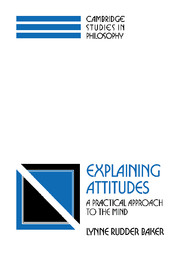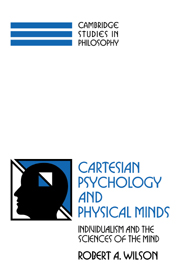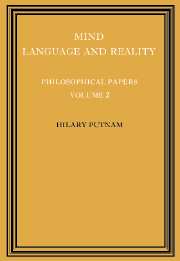Coming to our Senses
Michael Devitt is a distinguished philosopher of language. In this book he takes up one of the most important difficulties that must be faced by philosophical semantics: namely, the threat posed by holism. Three important questions lie at the core of this book: what are the main objectives of semantics; why are they worthwhile; how should we accomplish them? Devitt answers these 'methodological' questions naturalistically and explores what semantic programme arises from the answers. The approach is anti-Cartesian, rejecting the idea that linguistic or conceptual competence yields any privileged access to meanings. This new methodology is used first against holism. Devitt argues for a truth-referential localism, and in the process rejects direct-reference, two-factor, and verificationist theories. The book concludes by arguing against revisionism, eliminativism, and the idea that we should ascribe narrow meanings to explain behaviour.
- Devitt is a big name in the field of philosophy of language with several books to his credit
- Major contribution to the philosophy of language that argues against several fashionable theories
- Devitt is Australian, though teaching in the USA, and there should be a strong interest amongst Australian philosophers
Reviews & endorsements
'On the whole, this is a serious, realistic piece of applied philosophy, one that this particular much-polluted piece of the intellectual landscape can very well do with.' Philosophy
Product details
October 1995Paperback
9780521498876
352 pages
214 × 139 × 23 mm
0.41kg
Available
Table of Contents
- Introduction
- 1. A critique of the case for semantic holism
- 2. The methodology of naturalistic semantics
- 3. A case for semantic localism
- 4. Meanings and their ascription
- 5. Eliminativism and revisionism.






